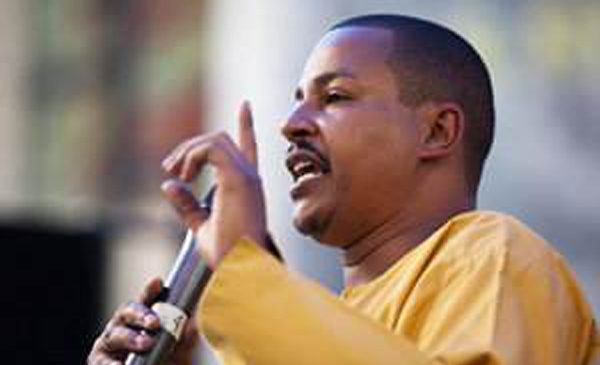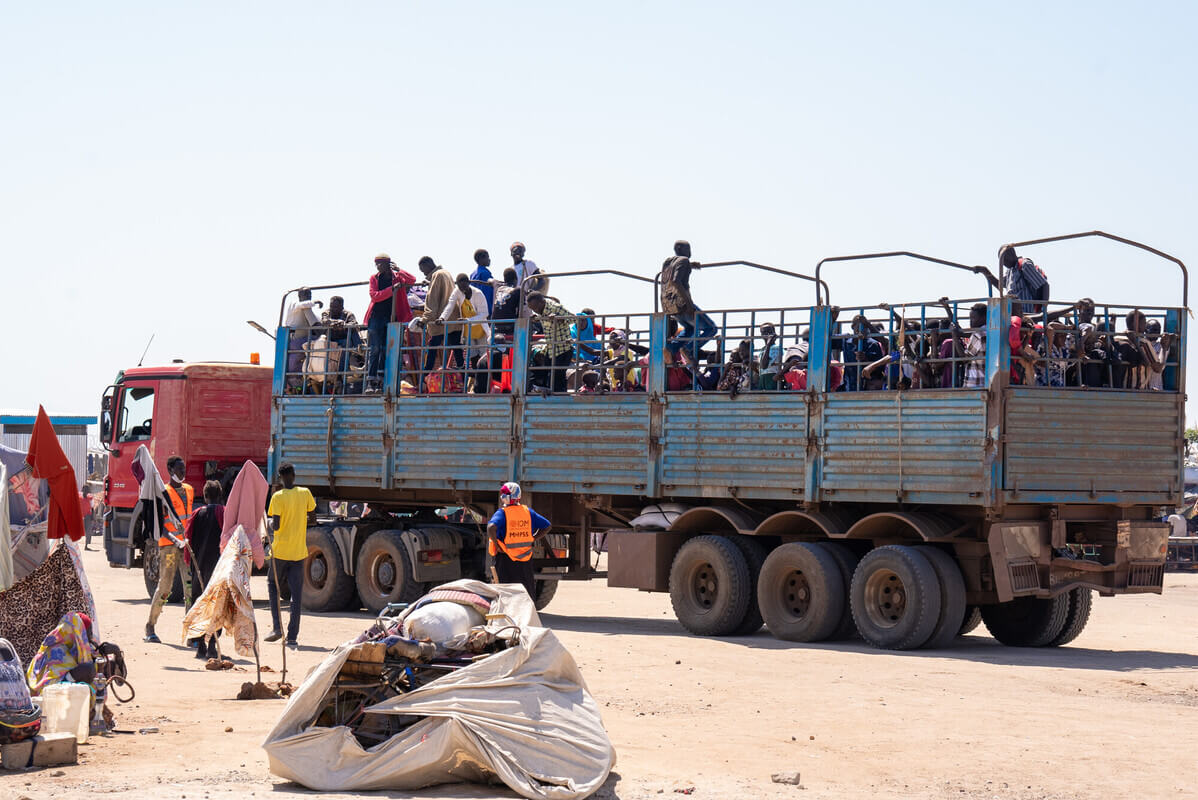Day 1 at the United Nations Special Summit on the Millennium Development Goals aptly found me on the streets of New York City speaking to activists and citizens. A powerful coalition of organizations under the joint banner of the Global Call to Action against Poverty had organized a public rally on the steps of the Lincoln Center. I took the opportunity to dissuade those present of the view that the global financial crisis was responsible for the insufficient progress in realizing the MDGs.
Eight Millennium Development Goals were agreed by the international community in 2000 – the first being to halve the number of people living on less than a dollar a day by 2015. Sadly, all the eight MDGs are off-track, and those on maternal and child health and hunger are particularly wide off the mark. Over the last few weeks, world leaders have been saying the right things about what’s needed to get progress in many areas of development – but it just feels half-hearted. What’s distinctly lacking is a concerted global action agenda.
The failure to meet deadlines, budget targets and to take decisive action is what is responsible for the huge gap between the aspirations in MDGs and the reality of most people’s lives. There has been some progress on the Millennium Development Goals. This must inspire us that it is possible to meet the MDGs. However, the progress does not have the scale of action and investment that is needed.
- 400 million men and women may have lifted themselves out of extreme poverty, yet in Africa alone, 300 million are impoverished in 2010.
- African Governments may have doubled their investment in agriculture, but Africa continues to have to import 30% of the food it requires.
- Maternal deaths may have decreased globally, but African women and girls still have a 1:24 chance of dying while giving birth.
Governments under pressure
The millions of people that stood up as part of the stand up campaign know this. They know that governments’ amnesia or the tendency to repeatedly hit the snooze button delivers a death sentence to the world’s poor and marginalized. They stand up to remind governments of their own promises and to offer new solutions to old problems. They remember the growth agenda of the eighties. An agenda that prioritizes growth without fighting poverty and inequality is clearly shortsighted. As we saw in Kenya two years ago, even a 6% growth rate cannot save a society of unemployed and option-less young men and women from bringing that economy to its knees.
Governments are under severe pressure: beset by a financial, food and fuel crisis compounded by the ever-increasing fall-out of climate change. The brunt of these crises is being borne by the poorest people in the poorest regions of the world. As a result of the food, fuel and financial crises, 64 million more people are living in extreme poverty in 2010. Together these pressures are serving to slow down and even reverse progress on the MDGs.
Hitting the snooze button
Against this backdrop, many governments are opting to hit the snooze button rather than deliver on their promises to the poorest people in the world. At the G8 Summit at Gleneagles in 2005, leaders promised to increase overseas aid by $50 billion by 2010, with $25 billion of this going to Africa. Of the $50 billion promised, Oxfam calculates only $30 will be delivered. The missing $20 billion is just 0.0006% of G8 GNI, yet is enough to put every child in school or stop millions of children dying of malaria. Only $11 billion of the $25 billion promised to Africa has reached the continent. This is the poorest continent on earth, yet donors have failed to do more here than for the rest of the world.
The MDG Outcome Document, which will be agreed by leaders at the Summit this week, notes the need for governments to live up to past promises. It gives the UN a role in ensuring a degree of accountability on government commitments. It also proposes that leaders come together again in 2013 to review progress.
Where is the leadership?
This is a good start, but an action plan for the MDGs is overdue. It’s now up to leaders meeting in New York to decide exactly how they will make good on their promises to the world’s poorest people. As one of America’s greatest leaders once said, “the ultimate measure of leadership is not how it acts in times of certainty and comfort, but rather how it acts in times of uncertainty and crisis”.
Which of the world’s Presidents will reflect Martin Luther King’s words best over the next few days? Which Presidents will hide behind the global financial crisis to abandon their responsibilities to deliver? We citizens must continue to watch with vigilance, shout if we must, cooperate where we can.
Take action now and urge the Australian Government to adopt our simple ten point plan to rescue the MDGS
Irungu Houghton is Oxfam Great Britain’s Pan-Africa Director
First published on Oxfam International Blogs



